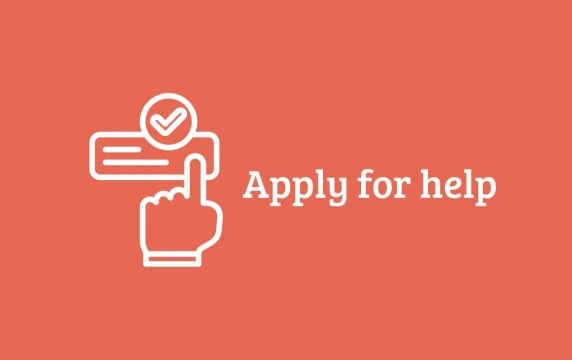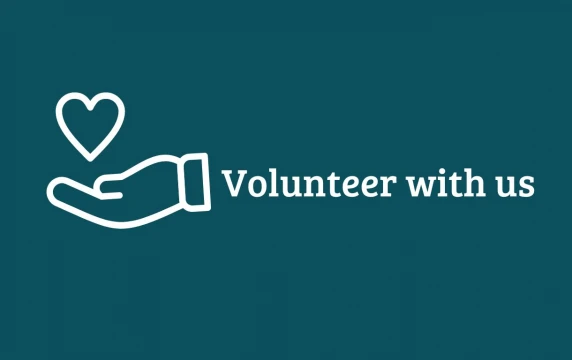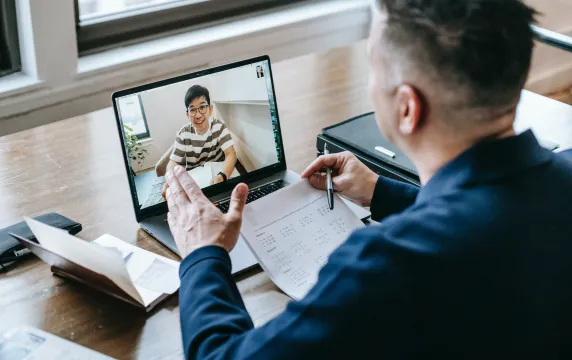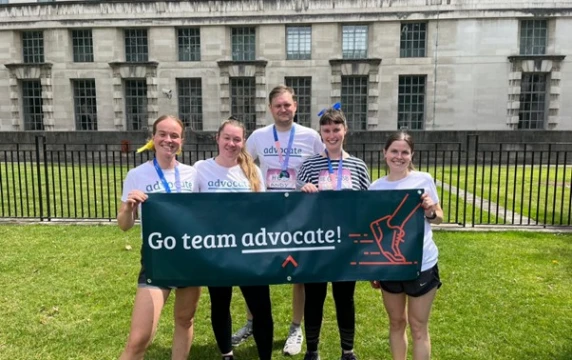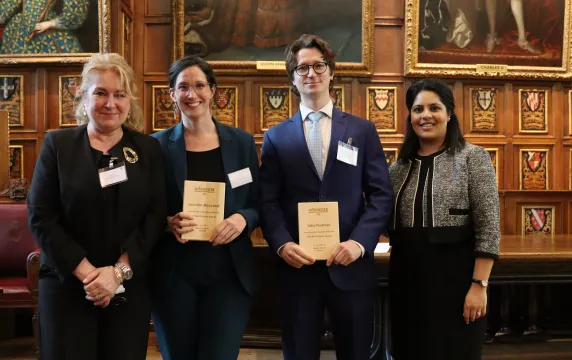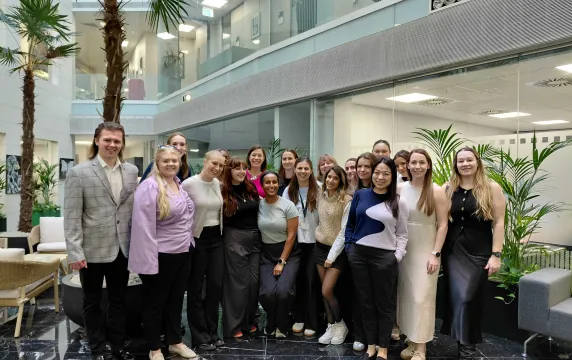“I wanted to do more pro bono and was struggling to find structured ways of doing it. Often a challenge with pro bono is that if you are already very busy, it can be difficult to find the time to do something of unknown size and scale. The good thing about ELIPS is that it is a structured event that’s self-contained and I have plenty of notice of my volunteer day. It’s a great way of taking on pro bono and being able to commit to it.
I have done pro bono cases before, both through Advocate and through other avenues, and I thought ELIPS would add another string to my bow. Volunteering for ELIPS doesn’t necessarily mean representing someone, it can also be providing some simple advice. I ended up referring a strong case to FRU and a trainee in their first six in my chambers took it on.
I did my first ELIPS session after the pandemic started because I saw an email go out saying that the organisers were proposing to launch a remote service. I wanted to help get the project off the ground and ensure the level of support from the profession was high.
I really enjoyed my session and have signed up for more. I think all barristers who can afford to, should make pro bono part of their routine. There should be more regulatory encouragement of barristers to take on pro bono cases. It would also be good to have more collaboration across the legal sector because pro bono work can feel a bit lonely, particularly when you are used to having a solicitor on board.
I would definitely encourage juniors to take on work like this. My first two cases were pro bono as a way of getting me on my feet. I took on two FRU cases during my first six in pupillage and found it a good way to break into advocacy in a way that was reasonably low pressure in circumstances where you know you can only add value.”

